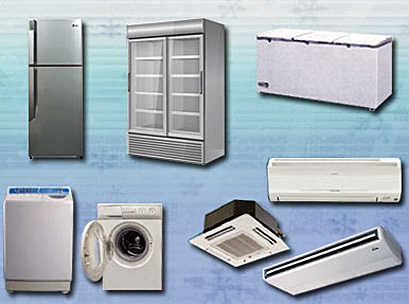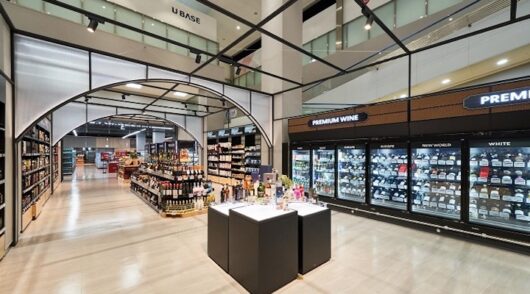New data from GfK shows that Vietnamese are spending more on household appliances such as air conditioners, refrigerators and washing machines.
Sales of the three major appliances surged by around 91,000 units in the past 12 months, with market trends pointing towards bigger capacity refrigerators and washing machines, as well as inverter air-cons. This ongoing process of upgrading has incurred an additional US$140 million in spending within the span of one year.
“Along with the other developing countries in the region, Vietnam is also undergoing rapid modernisation and advancing technology, which local consumers are generally adopting and embracing,” observed Van Tran Khoa, MD of GfK in Vietnam.
“Our reports indicate escalating adoption for inverter type air-conditioners and bigger washing machines and refrigerators.”
The value of the refrigerator market grew despite a five per cent drop in volume sales, confirming that consumers in the country are trading up to bigger and more expensive fridges. The average price of refrigerator which cost around US$256 in 2011, increased to US$288 last year.
“We are noticing a gradual lifestyle change when it comes to fresh food shopping, as consumers are visiting the wet market less frequently these days,” said Van. “With supermarkets springing up across the country and becoming more readily available and accessible, bigger fridges have become essential for them to stock up on a larger amount of fresh foods.”
Meanwhile, washing machine sales hit nearly 990,000 units, reflecting 25 per cent volume growth. Sales of bigger washers are also on the rise as price gaps between brands and models are narrowing due to intensifying competition.
And air-con sales surged 14 per cent in the last 12 months.
Discerning consumers there are also increasingly going for models using inverter technology although they come with higher price tags. Nearly one in four air con units sold was an inverter air-con, contributing to close to a third (31 per cent) of the overall market worth. In the last 12 months, this segment surge in volume sales by 31 per cent over the previous year.
However, since rising cost of electricity in the country is a concern for many consumers, it has an impact on choice of appliances to purchase, says GfK.
“On top of this, as consumers become increasingly environmental conscious, we can expect manufacturers to continue expanding their repertoire of eco-friendly appliances to meet market demand which will be trending in this direction moving forward,” Van concluded.






